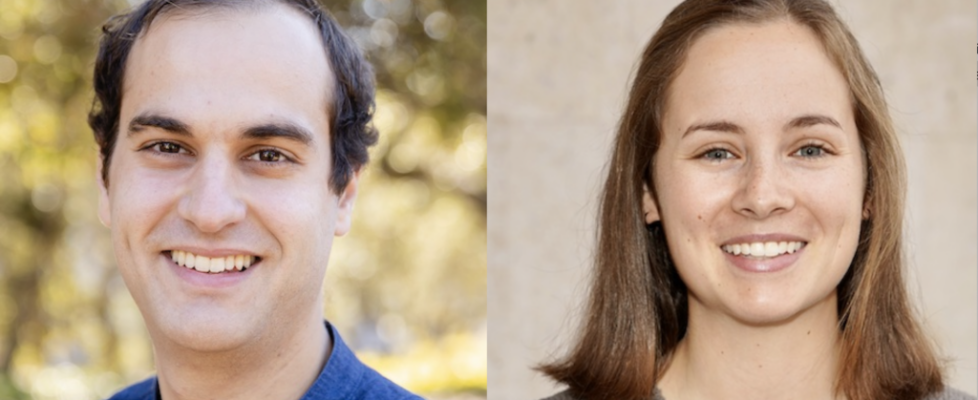Smartphone Seismology & Histamine Neurology – May 27
Wonderfest Science Envoys are early-career researchers with enhanced communication skills and aspirations. Following short talks on provocative modern science topics, these two Science Envoys will answer questions with insight and enthusiasm:
• UC Berkeley seismologist Savvas Marcou on Smartphones Map Ground Shaking in Our Neighborhoods — California is earthquake country. Everyone would love to know how much shaking the next temblor will deliver to their neighborhood. Fortunately, the humble smartphone, available in everyone’s pockets, can record and map ground shaking patterns in unprecedented resolution, and may transform how we think about the next big earthquake.
• Stanford neuroscientist Ashley Moses on Rethinking Histamine: From Molecule to Motivation — Though primarily known for its role in allergies, histamine influences cognition, mood, and sleep, as well. In fact, this understudied molecule is indispensable for brain health. By studying histamine’s role in motivated behaviors, we can uncover groundbreaking insights into neurological problems like depression, Parkinson’s Disease, and stress disorders.
This interactive science presentation, free and unticketed, is produced by Wonderfest in partnership with Marin Science Seminar.
Marin Science Seminar [https://marinscienceseminar.com]
Consciousness & Physics – May ??
When philosopher Thomas Nagel asked, “What is it like to be a bat?”, he was not asking about what it’s like for a human to be a bat — not the experience of, say, Batman. Nagel was vivifying the so-called “hard problem of consciousness”: What is it like for a bat to be a bat? More broadly, what is the nature of a bat’s — or of any — subjective experience? How does brain activity (from a third-person objective point of view) become a first-person feeling (from a subjective point of view)? Perhaps the “relativity” principles of Galileo and Einstein can help us understand this seemingly profound distinction between the first-person point of view (my experience) and the third-person point of view (another’s brain activity) as recognized by neuroscience.
Our speaker, physicist Nir Lahav, is a postdoctoral researcher in the Consciousness and Cognition Lab at Cambridge University. Dr. Lahav has developed what he and philosopher Zachariah Neemeh call A Relativistic Theory of Consciousness.
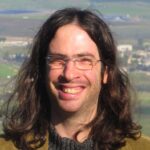
Dr. Nir Lahav
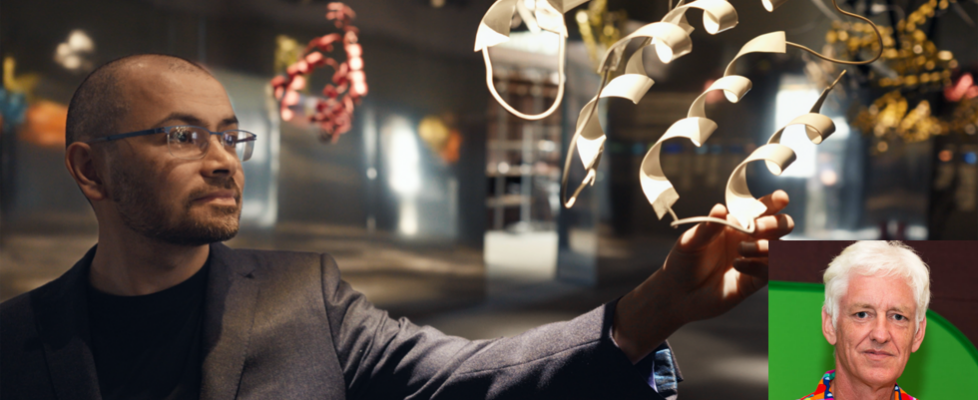
The Thinking Game – Mar 23
2024’s The Thinking Game takes us on a journey into DeepMind, one of Earth’s leading AI labs, as it strives to unravel the mysteries of artificial general intelligence (AGI). Inside DeepMind’s London headquarters, Nobel laureate Demis Hassabis and his team are pursuing the creation of AI that matches or surpasses human abilities on a wide range of tasks. Filmed over five years, the documentary puts viewers in the room for the pivotal moments of this quest, including the groundbreaking achievement of AlphaFold, a program that solved a 50-year grand challenge in biology. Immediately after The Thinking Game‘s screening, expert Peter Norvig will answer our AI questions.
Dr. Peter Norvig is a Fellow at Stanford’s Institute for Human-Centered Artificial Intelligence. He is Director of Research at Google, and he co-authored the most popular AI textbook, Artificial Intelligence: A Modern Approach, used in more than 1,500 universities in 135 countries.
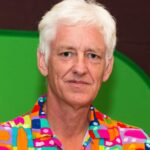
Dr. Peter Norvig
Cameo Cinema [https://www.cameocinema.com]
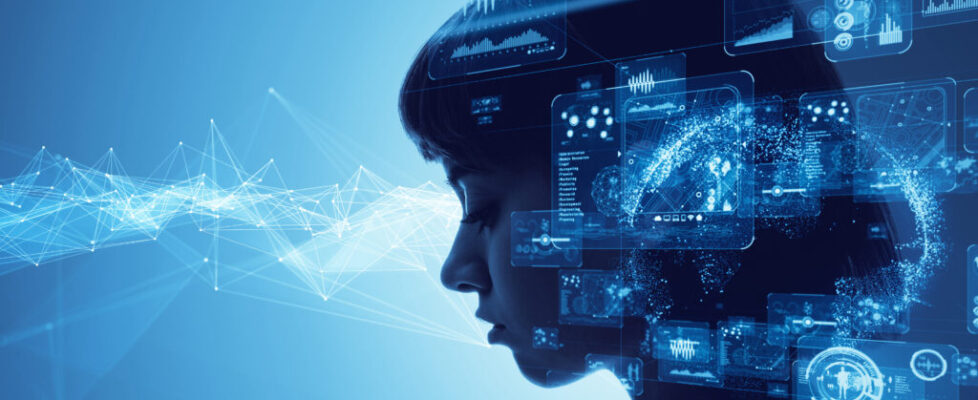
Experience Machine – May 6
My previous encounters with reality contribute to my internal mental predictions about the world that, in turn, help to shape my actual future experiences. So, seeing the “real world” (or hearing sounds, or feeling pain, or …) involves a personal, ideosyncratic filter/kaleidoscope. This prediction-based theory of mind is quite hopeful. More than a facile version of “positive thinking,” it suggests a realistic optimism where well-tuned expectations can actively help to bring about desired states and experiences.
Our speaker, Dr. Andy Clark, is Professor of Cognitive Philosophy at England’s University of Sussex. He will present ideas from — and answer questions about — his new book, The Experience Machine: How Our Minds Predict and Shape Reality.
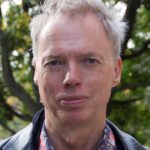
Dr. Andy Clark
BookShop West Portal [https://www.bookshopwestportal.com]
This free, unticketed event is a joint production of Wonderfest and San Francisco's BookShop West Portal. In the space below, please support Wonderfest's nonprofit work in science outreach. (NOTE: Despite the Eventbrite wording, your thoughtful donation is not a "sale.")

